COURSE OVERVIEW
PROCESS & CHEMICAL ENGINEERING
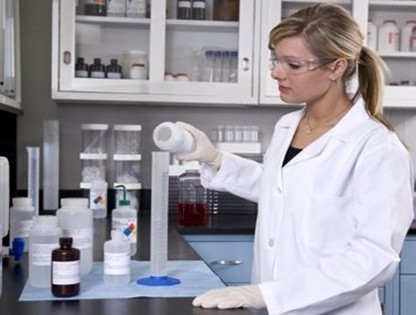
OVERVIEW
| COURSE TITLE | : | PE0625 : Introduction to Polypropylene Technology |
| COURSE DATE | : | Aug 12 - Aug 15 2024 |
| DURATION | : | 4 Days |
| INSTRUCTOR | : | Mr. Saad Bedir Days |
| VENUE | : | Al Khobar, KSA |
| COURSE FEE | : | $ 4500 |
| Register For Course Outline | ||
OTHER SCHEDULED DATES
| Date | : | May 20 - May 23 (4 Days) | Location | : | Istanbul, Turkey | Classroom Fee (US$) | : | $ 5000 | Course Info |
| Date | : | Nov 11 - Nov 14 (4 Days) | Location | : | Dubai, UAE | Classroom Fee (US$) | : | $ 4500 | Course Info |
Course Description
This practical and highly-interactive course includes real-life case studies and exercises where participants will be engaged in a series of interactive small groups and class workshops. This course is designed to provide participants with a complete and up-to-date overview of the polymers and polymerization. It covers the different types of polymerization catalyst such as stereospecific and TiCl3 and recognize the mechanism & kinetics of propylene polymerization as well as the copolymerization; the recent development of polypropylene technology including the metallocene catalysts, propylene?ethylene copolymers, propylenea-olefin copolymers and propylene industrial production with metallocene catalyst; and the polypropylene morphology as well as the relationship, behaviour and kinetics of morphology to the structure processing and properties of polypropylene. During this interactive course, participants will learn the rubber modified polypropylene such as the viscosity ratio and its process and identify the injection moulding process; different types of additives to be used in polypropylene such as antioxidants, flame retardants, acid scavengers, nucleating agents, etc; compounding process and acquire knowledge on the usage of fillers and vulcanizers as part of polypropylene compounding technologies; and the future of polypropylene in connection with global environment, price cyclicality and future strategies. link to course overview PDF
TRAINING METHODOLOGY
This interactive training course includes the following training methodologies as a percentage of the total tuition hours
LecturesWorkshops & Work Presentations
Case Studies & Practical Exercises
Videos, Software & Simulators
In an unlikely event, the course instructor may modify the above training methodology before or during the course for technical reasons.
VIRTUAL TRAINING (IF APPLICABLE)
If this course is delivered online as a Virtual Training, the following limitations will be applicable
| Certificates | : | Only soft copy certificates will be issued to participants through Haward’s Portal. This includes Wallet Card Certificates if applicable |
| Training Materials | : | Only soft copy Training Materials (PDF format) will be issued to participant through the Virtual Training Platform |
| Training Methodology | : | 80% of the program will be theory and 20% will be practical sessions, exercises, case studies, simulators or videos |
| Training Program | : | The training will be for 4 hours per day starting at 09:30 and ending at 13:30 |
| H-STK Smart Training Kit | : | Not Applicable |
| Hands-on Practical Workshops | : | Not Applicable |
| Site Visit | : | Not Applicable |
| Simulators | : | Only software simulators will be used in the virtual courses. Hardware simulators are not applicable and will not be used in Virtual Training |
RELATED COURSES
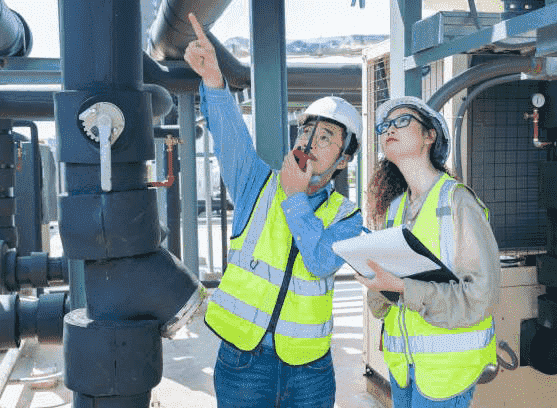
PE0197-4D : Troubleshooting Distillation Towers
- Date : Dec 19 -Dec 24 / 3 Days
- Location : Doha, Qatar
- Course Details Register
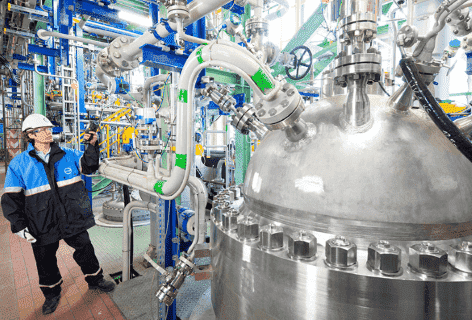
PE0450 : Plastic Additives Selection, Application & Troubleshooting
- Date : May 20 -May 23 / 3 Days
- Location : Doha, Qatar
- Course Details Register
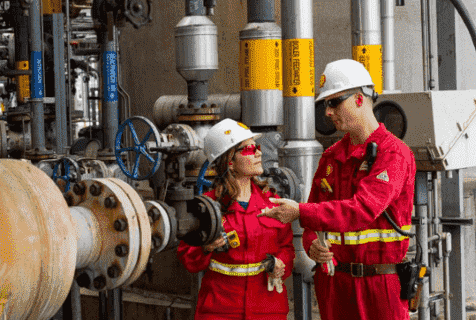
PE0640 : Troubleshooting Process Operations
- Date : May 20 -May 24 / 3 Days
- Location : London, United Kingdom
- Course Details Register
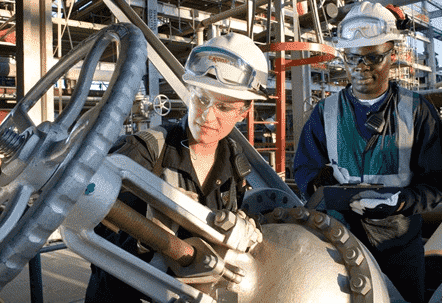
PE0120 : Catalyst Selection & Production Optimization
- Date : Jul 15 -Jul 18 / 3 Days
- Location : Abu Dhabi, UAE
- Course Details Register
